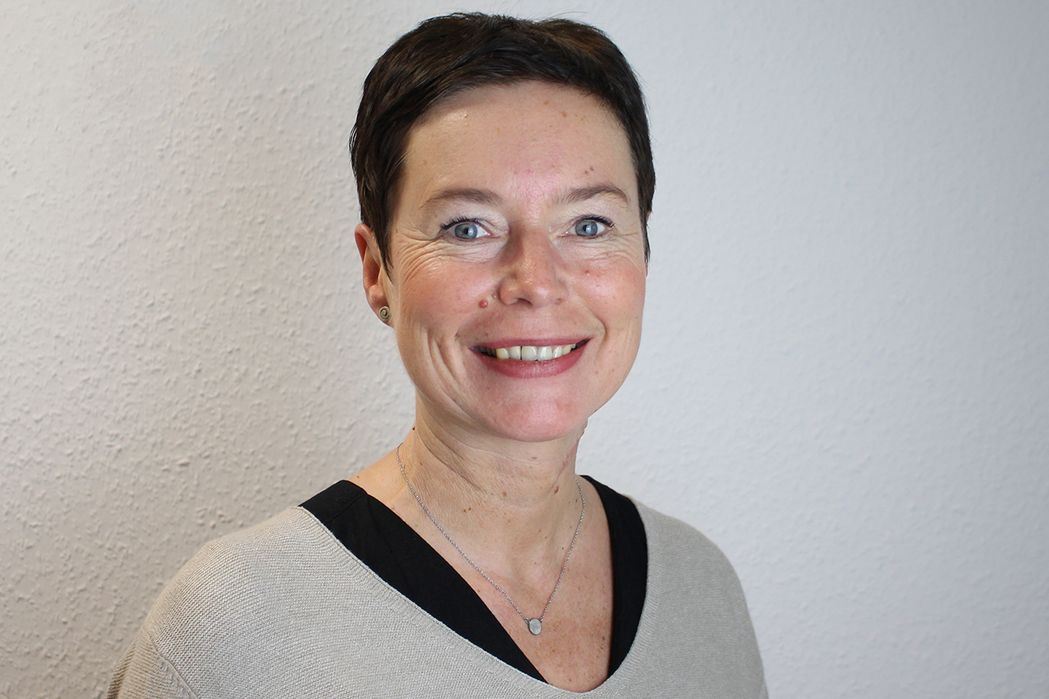Roland Hansen, head of Malteser International’s Africa team, spent five days travelling the Illeret region of Northern Kenya. After the great drought in the summer of 2011, Malteser International, amongst others, has been building rain-water collection systems and wells in order to ensure a better water supply for the semi-nomads who live there, and help protect them from the potentially disastrous consequences of further dry periods. Here he reports some of his impressions:
“It was a peculiar kind of meeting: a woman drew brown water with a cup from a freshly dug hole in the sand. She allowed herself and her four daughters one sip before she heaved the pack onto her head and began her march to sell the water in the next village. Twenty litres costs 50 Kenyan shillings – exactly as much as a fish from the nearby Lake Turkana. That’s how valuable water is here in the semi-desert of Northern Kenya – three dusty and stony days’ travel from Nairobi. Today, the woman and her daughters were lucky – we gave them a ride on our pickup and saved them their ten kilometre journey on foot.
Clean drinking water for schools and households
It’s my first visit to Illeret – a difficult to reach region in the drought-plagued North of Kenya, just a few kilometres away from the Ethiopian border. Around 15,000 semi-nomads from the Dassanach people live here, who we have been supporting since 2012 with their water and hygiene management techniques. Today, I can see for myself how the water supply has been improved since then. We have built rainwater tanks in the schools, for example, and shown the Dassanach how they can use them to collect water. We also provide the students with additional water for hand washing, so that the collected water can be made to last through the long dry season. To do this, we have brought in a pump with a windmill to bring saltwater from Lake Turkana to large tanks at the school. More water means more hygiene and less sickness.
Training courses for medical personnel
This year, furthermore, we are beginning a health project which is for the livestock as well as the people – because, ultimately, it is the survival of the goats and cattle which means security for the Dassanach. We will be training the medical staff of the region’s only healthcare centre, giving particular attention to the prevention of epidemics such as cholera. We also want to train around 40 community health workers, who will be able to transfer local people with serious sicknesses or pregnancies to the centre. But there also remains a lot to do with regard to the issue of water.
Climate change and further drought
It is becoming clear that the lives of the Dassanach will be affected severely by climate change, the first effects of which are already being felt here in Northern Kenya. The periods of drought are growing ever more frequent - or longer – so that the traditional water sources are no longer sufficient. The older ones complain and tell me that it has been a long time since it was not as hot as this year – which has been over 50 degrees Celsius. A new threat has emerged in the form of a dam in neighbouring Ethiopia, which will be opened in April this year. It is almost certain that the volume of water entering Lake Turkana from the river Omo – which at present supplies 90 percent of the water in the lake - will be drastically reduced. This will not just lead to a drop in the water level in the lake of around 20 percent, but also cause the water table around it to sink as well, and make the supply of drinking water even more difficult to obtain than it is now.”
Our achievements so far:
4,202 Inhabitants of Illeret can draw on rain water collection systems on a household level, from official buildings such as health centres and schools for secure access to clean drinking water, and are therefore better prepared for future periods of drought.
4,133 Men and women can benefit from the use of 534 washing stations, latrines and compost pits to ensure a basic level of hygiene in their daily lives and will be better protected from sickness in the future.
771 School children can benefit from rain water collection tanks and hand washing stations at their schools.









